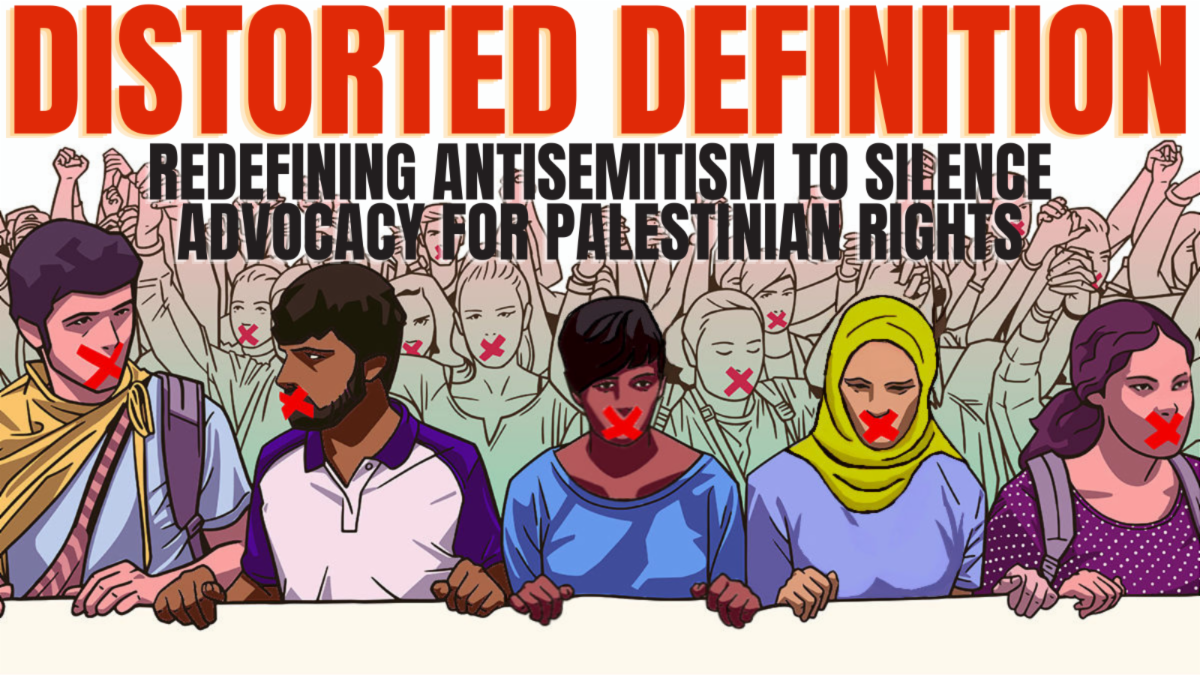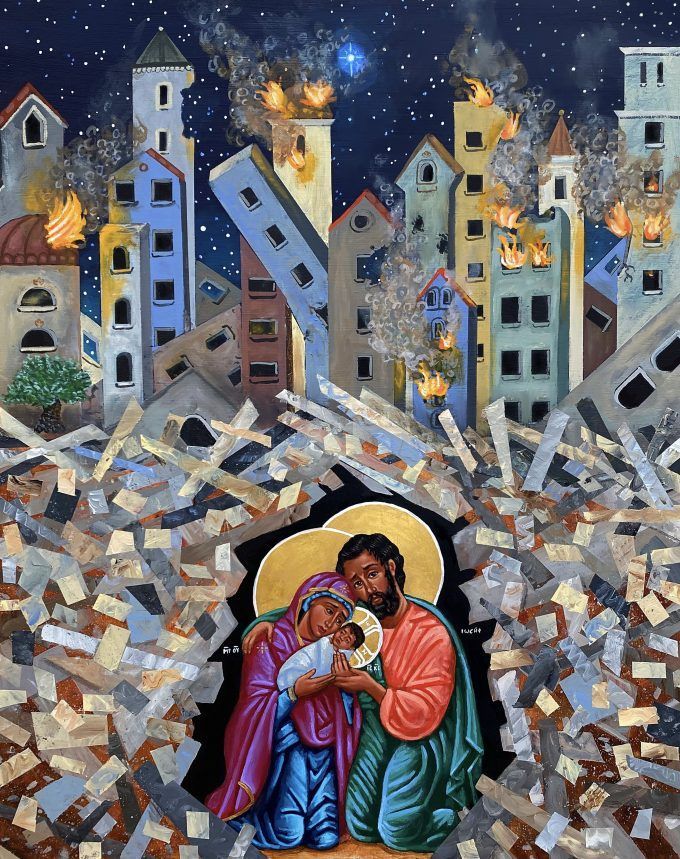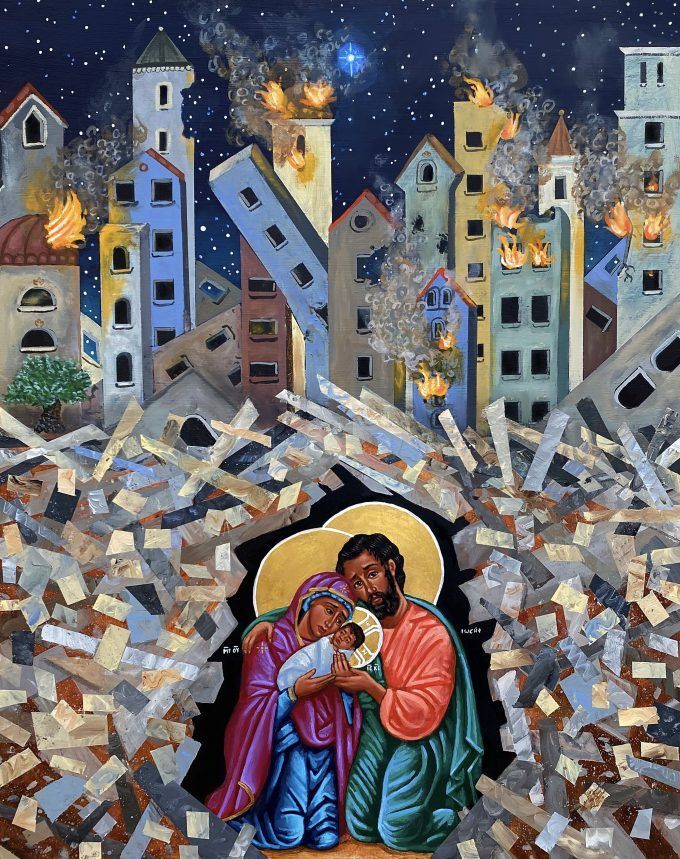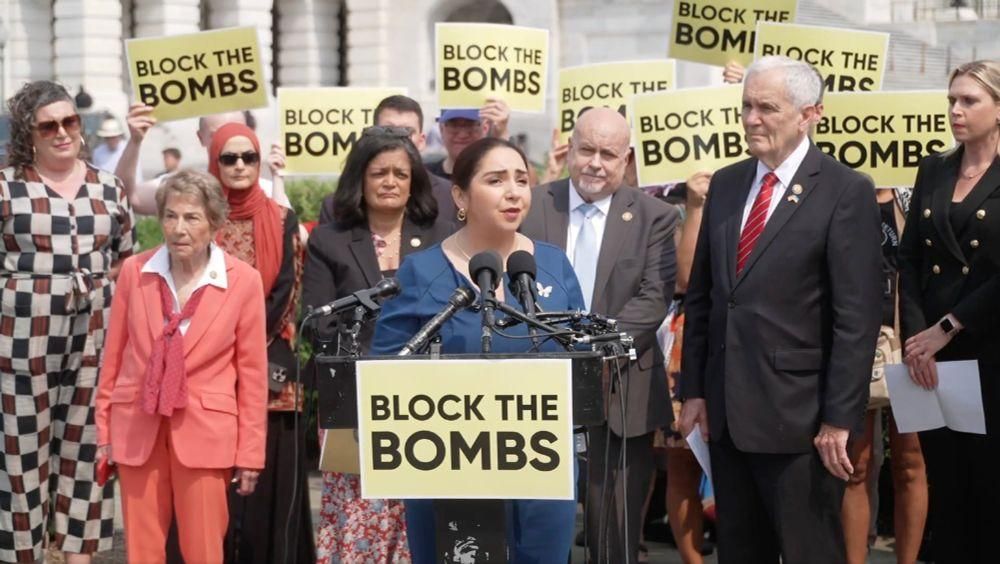Challenging the IHRA Definition of Antisemitism

Image from Palestine Legal website https://palestinelegal.org/distorted-definition
On May 1, the House of Representatives, by a vote of 320-91, passed H.R. 6090, to use “a definition of antisemitism set forth by the International Holocaust Remembrance Alliance for the enforcement of Federal antidiscrimination laws concerning education programs or activities, and for other purposes.” A majority of Republicans (187-21) and a majority of Democrats (133-70) supported the legislation. The vote tally is here. The bill has now been introduced into the Senate as S. 4127
In 2016, the IHRA adopted as its working definition: “Antisemitism is a certain perception of Jews, which may be expressed as hatred toward Jews. Rhetorical and physical manifestations of antisemitism are directed toward Jewish or non-Jewish individuals and/or their property, toward Jewish community institutions and religious facilities.” This definition is not new; the U.S. State Department has been using it since 2010, here.
How are this bill and the IHRA definition problematic? First,
HR 6090 explicitly extends the IHRA definition to the enforcement of antidiscrimination laws in educational institutions. Second, the bill eschews ‘the use of alternative definitions of antisemitism” claiming that they “may fail to identify one of the modern manifestations of antisemitism.” What might be examples of ‘modern manifestations’ of the definition? The IHRA website lists as their first example, “the targeting of the state of Israel, conceived as a Jewish collectivity.” Hence, the third problem: the definition blurs the distinction between antisemitism and anti-zionism, and can contribute to the conflation of the two. According to Human Rights Watch, the IHRA definition “has often been used to wrongly label criticism of Israel as antisemitic, and thus chill and sometimes suppress, non-violent protest, activism and speech critical of Israel and/or Zionism.”
This conflation creates one of the challenges to bearing prophetic witness which UCC PIN addresses in our Crisis in Gaza resource: the labeling as antisemitic of any and all criticism of the state of Israel and consequent efforts to silence or delegitimize such criticism. Such efforts are being played out right now, especially against protesters on college campus and also in Congressional committee hearings.
How can we respond to the increasing weaponization of antisemitism? We can start by challenging the use of the IHRA definition and urge our senators to oppose S. 4127. In Crisis in Gaza, UCC PIN recommends the definition that the Jerusalem Declaration on Antisemitism promotes as a counter the IHRA definition. Their definition: “Antisemitism is discrimination, prejudice, hostility or violence against Jews as Jews (or Jewish institutions as Jewish).”
For a powerful description of how charges of antisemitism are being used/misused to distract from the genocide that Israel is perpetrating and for a listing of what is not antisemitic, listen to Senator Bernie Sander's May 1st Senate speech here.









